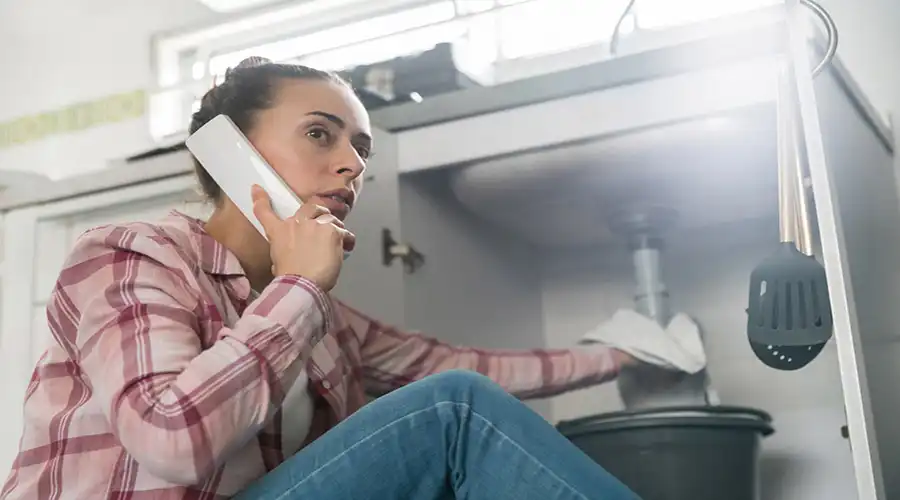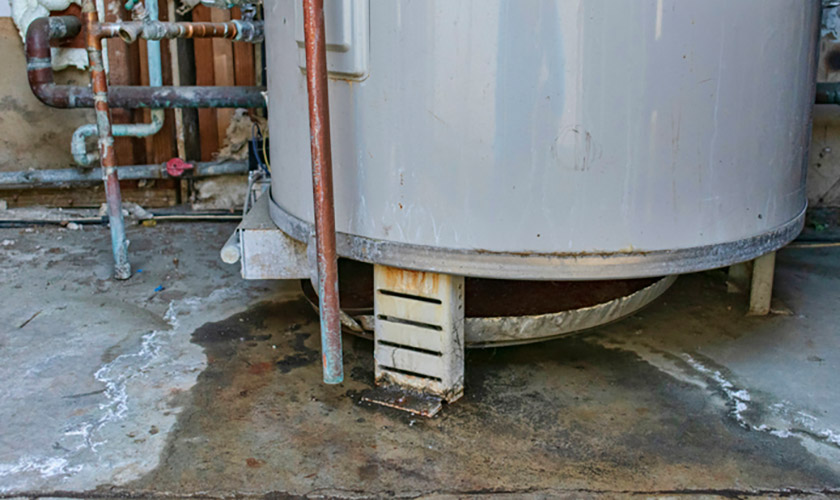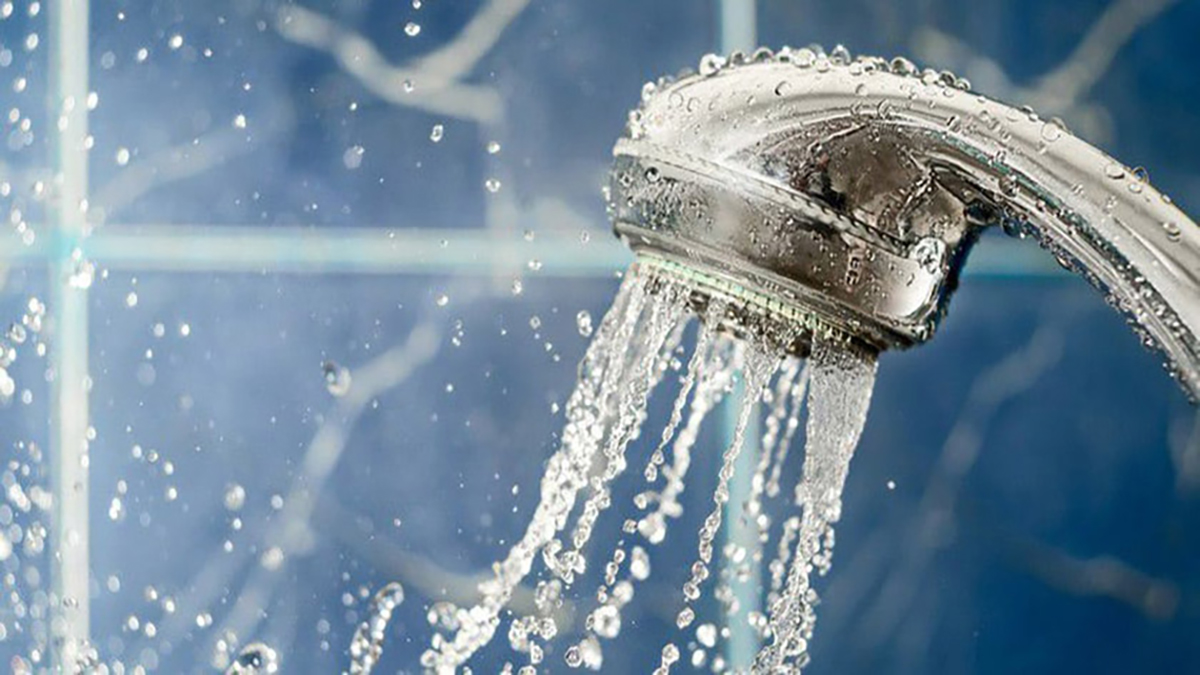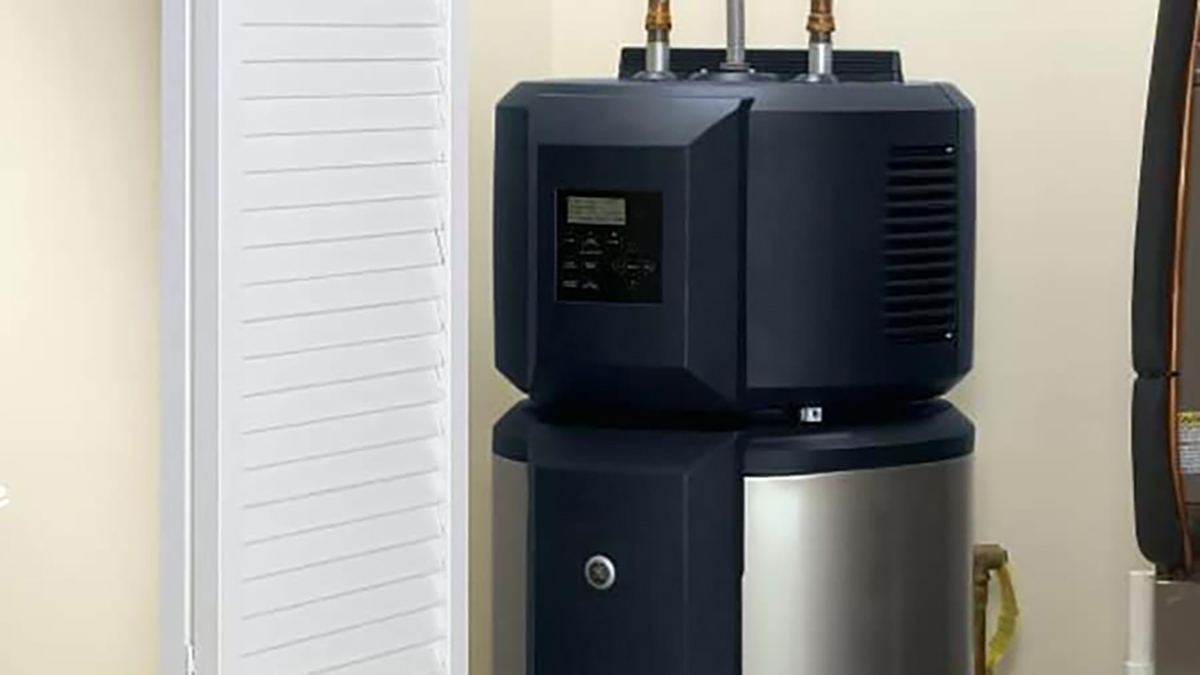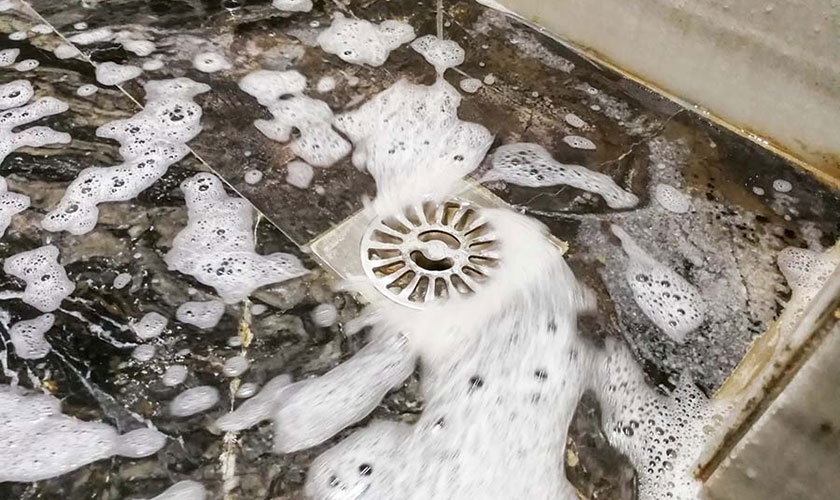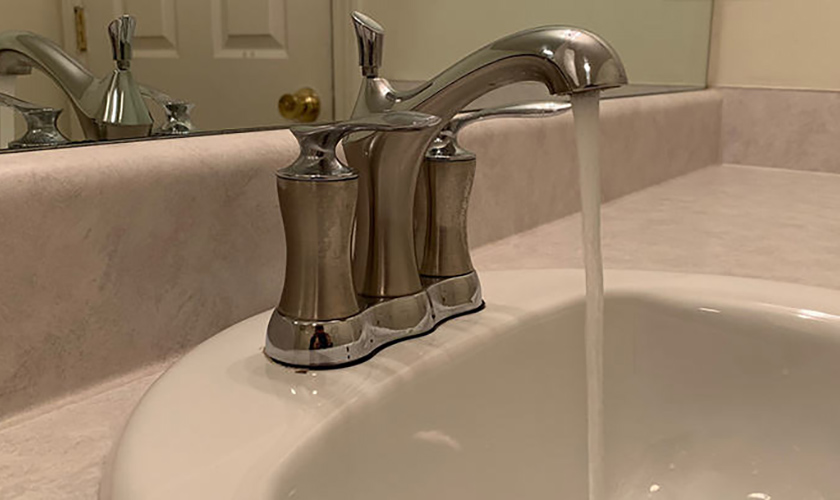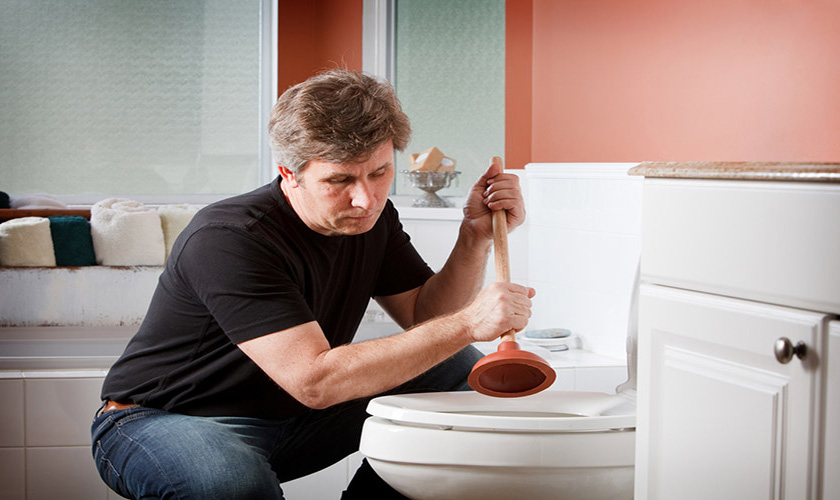
Most of us think of the first cleaning product when a plumbing blockage occurs as Drano, but Drano is not the best product for every blockage. If a toilet becomes clogged, will Drano unclog it? Can you use Drano in the toilet?
Never use Drano in the toilet. The chemical reaction caused by Drano can cause severe damage to toilets and bathroom plumbing. Drano is ineffective for clearing the types of clogs in toilets. It also produces toxic fumes that are dangerous when inhaled.
Get FREE quotes from licensed Plumbers in your area today. Whether you need a new water heater, a sink repair, or a toilet fixed, We Can Help! All Plumbers are screened, licensed, and insured.
Using Drano is a standard solution for clearing a variety of blockages. However, what happens when you use this product in a toilet? Can Drano be used to unclog a toilet? Let’s find out!
Can You Unclog A Toilet With Drano?
You can not unclog a toilet with Drano. The chemicals in Drano do not affect the clogs that typically occur in toilets.
The location of the clog is unlikely to be reached by the Drano. This problem is due to the design of the plumbing. Unclogging a Drano can not usually be accomplished with Drano.
Drano is not ideal for unclogging a toilet, as it is not designed for this purpose. The chemicals in Drano are good at breaking down materials such as soap scum and food fragments. Still, toilet clogs do not contain this type of material.
A blockage in the plumbing typically causes blockages in toilets. The only way to remove these blockages is by plunging the toilet or snaking the drain.
Drano is not the way to unclog a toilet that has become blocked. Using Drano in a toilet may cause severe damage to the toilet and plumbing.
Never attempt to use Drano to unclog a toilet, as it is very likely to harm you and your bathroom. Instead, use safe toilet unblocking methods that will be far more effective.
What Happens If You Put Drano In The Toilet?
Putting Drano in a toilet may cause severe harm to the toilet and plumbing. Pouring Drano in the toilet is unlikely to clear the clog. The chemical reaction generated by Drano produces heat that may damage the toilet or plumbing and produces toxic fumes that are very harmful to people when inhaled.
Pouring Drano in a toilet is never a good idea. Due to its design, this product is ineffective on the clogs in toilets. Most standard toilet plumbing design means that Drano’s typical toilet clogs are unreachable.
This problem means that putting Drano in the toilet will not clear the clog. Still, it is not likely to reach the clog, but the chemical reaction when Drano is activated will occur.
This chemical reaction caused by Drano dissolves hair, soap scum, and food fragments from within the sink drain, but when this reaction occurs in a toilet, it produces toxic fumes, toilet-cracking heat, and severe damage to the toilet’s plumbing.
Drano is not safe for toilets, but plenty of other methods for clearing a clog in the plumbing.
Why Does My Toilet Keep Blocking?
Toilets may become frequently blocked if non-flushable items are flushed, sewer line blockages, a clogged drain trap, or even if the toilet is an older model that flushes at a lower pressure. A professional plumber will be able to resolve all of these commonly experienced problems.
If your toilet becomes blocked regularly, there is always an underlying cause, even if it is not apparent. Several problems may result in a clogged toilet. Still, only a few common issues cause frequent toilet blockages.
The leading causes of a frequently blocked toilet are:
- Sewer Line Blockages – if there is a problem with the main sewer line in your area, it may cause a backup in your home plumbing. If this is the case, completely clearing the sewer line is the only solution. Otherwise, there is not much that you can do.
- Blocked Drain Trap – toilets have an S-shaped drain trap that collects debris to prevent it from clogging the main drain. If the drain trap is blocked, it will not allow water to flow through it properly.
- Flushing Non-Flushable items – this is a prevalent cause of a blocked toilet. Flushing items that should not be flushed, such as q-tips, baby wipes, feminine hygiene products, and cotton balls, almost always lead to a blockage.
- A Blocked Plumbing Vent – plumbing vents are installed in modern plumbing systems to increase the flushing pressure of the toilet. These vents are usually located on the roof of the building and often become blocked by bird nests, leaves, dirt, or other debris. This blockage may decrease the toilet’s flushing ability, leading to a block in the plumbing.
- Older Model Toilet – Older or low-flow toilets do not have enough flushing pressure to clear the drain with every flush. These toilets are susceptible to blockages because of the flush’s low flow and pressure.
What Can You Pour Down A Toilet To Unclog It?
Drano is not suitable for unclogging a toilet, but homemade cleaning liquids will be more effective for clearing the blockage. These cleaning mixtures can be poured down the toilet to break down the blockage, depending on what the backup consists of.
A mixture of vinegar and standard baking soda is an excellent way to break up specific blockages and grease-removing dish soap, or a combination of Epsom salts, dish soap, and baking soda. This mixture is only effective on materials that can be dissolved or broken down by the reactions generated from these mixtures.
Never use Drano for a blockage in a toilet. Still, there are other mixtures to make that can unclog a toilet that has become blocked with toilet paper or other soft or organic materials.
Dish soap is a good option as it breaks down oils and grease very well. You can use a mixture of baking soda and vinegar to try and free the clog down the drain.
Other mixtures such as combining dish soap, baking soda, and Epsom salts can break down the blockage and dislodge it from the drain.
Conclusion
Ultimately, using Drano in a toilet is never a good idea. Drano is very likely to cause severe damage to a toilet and other bathroom plumbing.
If your toilet has become blocked, try using a plunger or calling a professional to help fix the problem.
Get FREE quotes from licensed Plumbers in your area today. Whether you need a new water heater, a sink repair, or a toilet fixed, We Can Help! All Plumbers are screened, licensed, and insured.


